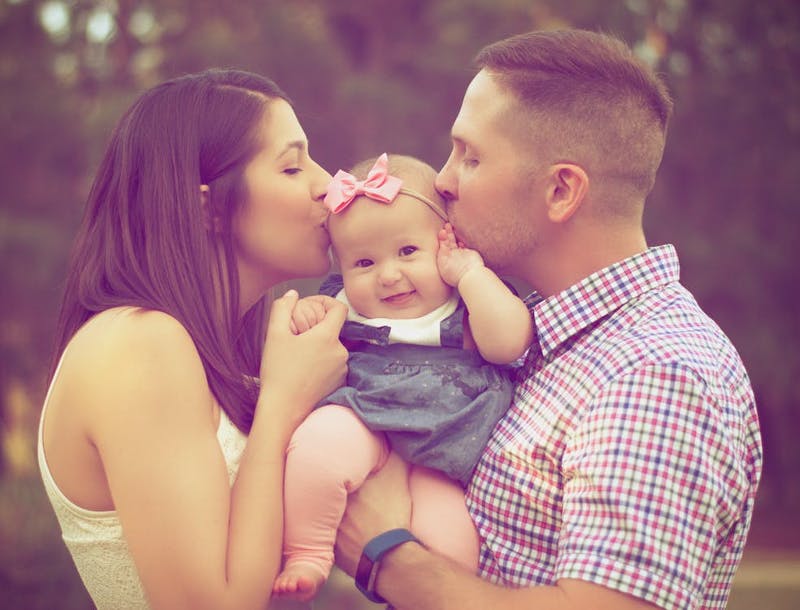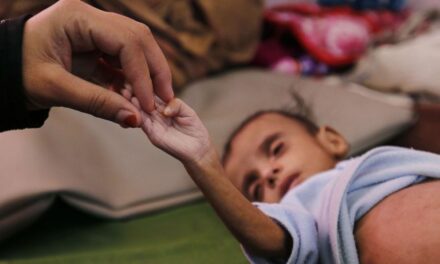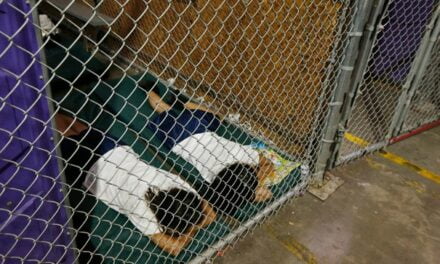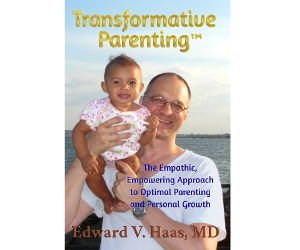Our ego’s belief that it is always “right”, combined with competitive societal pressures, and prevalent dysfunctional parenting methods, results in an inability to accept that others have egos that should be respected. As a result, empathy, compassion, and concern for others are only weakly developed in most people. In my book, I describe how as parents we are often confused about how to encourage the development of empathy and compassion. For example, we make the mistake of trying to teach empathy by forcing sharing, or even meting out punishment, when the use of force simply demonstrates our own lack of empathy, and sets that as an example for our children to pass on to their children (and others around them). (For more about empathy, listen to this talk.)
Children are generally regarded, legally and morally, as the property of their parents. It is considered normal for adults, and especially parents, to dictate to children what they should believe, what they should want, and how they should act. As children develop into adults, they have little experience with actual compassion, and it is no wonder so few become compassionate adults.
In Transformative Parenting®, I ask parents to fight the urge, driven by our natures, our culture, even our laws, to regard children as objects we possess – property to be treated as we wish. It is an immense task, but extremely important, because the status-quo leads to injustice, pain, and long-term suffering. I offer as an example this news report on the plight of a six-year old foster child.
I find it difficult to say who is most at fault here: The State, for removing a child from a family she is clearly bonded to; the foster-parents, who took on the difficult, painful, necessary job of providing a loving, temporary home for a child in return for payment, but apparently have not prepared her or themselves for her separation; or the child’s biological relatives. In any case, she is being treated as an object to be possessed, and as a result is being wounded through no fault of her own.
We must do our best to respect the egos of children; their desires and needs, as much as our own, if we are to develop personally and as a species beyond our insatiable drive for self-gratification.








Is punishment truly effective in promoting positive behavior and rehabilitation, or does it ultimately perpetuate cycles of harm and trauma?”,
“refusal